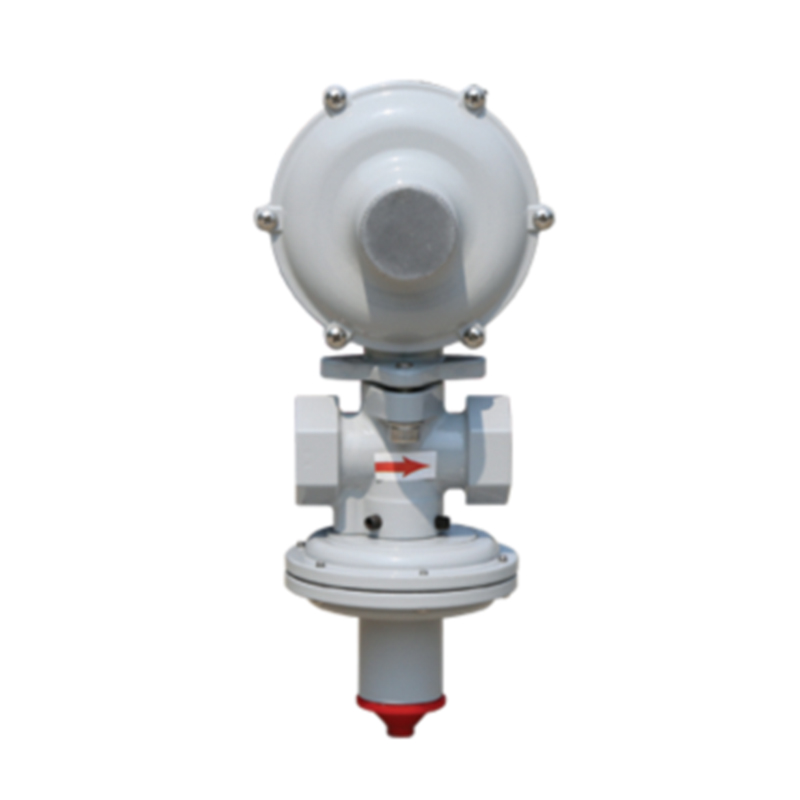
Dec . 04, 2024 09:24
Back to list
gas metering
Gas Metering Understanding the Importance and Technology
Gas metering is a crucial process that involves measuring the volume of gas consumed by residential, commercial, and industrial users. As natural gas becomes an increasingly prominent energy source worldwide, the significance of accurate gas metering has never been greater. This article explores the fundamentals of gas metering, its importance, the technologies involved, and the future trends that could reshape it.
The Importance of Gas Metering
Accurate gas measurement is vital for various reasons. Firstly, it ensures fair billing for consumers. Gas companies need precise metering to charge customers based on their actual consumption, thus fostering trust and transparency in the market. Overcharging due to inaccurate estimates can lead to customer dissatisfaction, while undercharging can result in significant financial losses for utility providers.
Secondly, gas metering plays a crucial role in energy management. With the growing emphasis on efficiency and conservation, businesses and homeowners alike seek effective ways to monitor and manage their gas usage. Accurate metering provides essential data that allows consumers to adjust their consumption patterns, ultimately leading to reduced energy costs and a lower environmental impact.
Lastly, gas metering has public safety implications. Accurate measurements help prevent gas leaks, ensure compliance with safety regulations, and facilitate effective emergency responses. The ability to monitor gas flows helps utilities detect anomalies that might indicate a leak or other hazardous situations, enabling prompt action to mitigate risks.
Technologies in Gas Metering
Gas metering technology has evolved significantly over the years. Traditional mechanical meters have given way to advanced digital and smart metering solutions. Here are the key technologies currently shaping the gas metering landscape
1. Diaphragm Meters These are commonly used in residential applications. Diaphragm meters measure the flow of gas through a series of flexible diaphragms that expand and contract as gas flows through the meter. They provide accurate volume measurements and are relatively easy to install and maintain.
2. Turbine Meters Often employed in commercial and industrial settings, turbine meters consist of a rotor that spins with the flow of gas. The number of rotations translates to the volume of gas passing through. They offer high accuracy and are suitable for measuring larger flow rates.
gas metering

3. Ultrasonic Meters These advanced meters use ultrasonic sound waves to measure the velocity of gas flow. Ultrasonic meters are non-intrusive and can measure multiple parameters simultaneously, making them ideal for complex systems that require detailed data analysis.
4. Smart Meters The advent of smart metering technology has transformed the gas metering landscape. Smart meters utilize advanced communication technologies, such as IoT (Internet of Things) connectivity, to transmit data in real-time. This allows for automatic readings, remote monitoring, and improved data analytics. Utilities can now detect usage patterns, identify leaks quickly, and enhance customer service.
Future Trends in Gas Metering
As technology continues to evolve, several trends are poised to shape the future of gas metering
1. Increased Automation and Remote Monitoring The move toward fully automated metering systems will enhance operational efficiency. Remote monitoring capabilities will allow utility providers to track usage in real-time, reducing the need for manual readings and minimizing human errors.
2. Data Analytics and Big Data With the proliferation of smart meters, vast amounts of data will be generated, providing opportunities for in-depth analytics. Utilities can leverage big data to gain insights into consumption trends, customer behavior, and system inefficiencies, ultimately leading to more informed decision-making.
3. Sustainability Initiatives As the global energy landscape shifts toward sustainability, gas meters will play a pivotal role in reducing carbon footprints. By enabling consumers to track and optimize their gas usage, metering technologies will support efforts to transition to greener energy practices.
4. Integration with Renewable Energy Sources Gas metering will increasingly be integrated with renewable energy systems, allowing for seamless management of energy consumption across various sources. This integration will be essential as the world moves toward hybrid energy infrastructures.
Conclusion
Gas metering is an essential component of modern energy management. As natural gas continues to be a preferred energy source, the need for accurate and reliable metering solutions is paramount. With advancements in technology and a shift toward smarter, data-driven systems, the future of gas metering looks promising. By ensuring precise measurements and fostering efficient usage, gas metering not only benefits consumers and utility providers but also contributes to broader sustainability goals.
Next:
Latest news
-
Safety Valve Spring-Loaded Design Overpressure ProtectionNewsJul.25,2025
-
Precision Voltage Regulator AC5 Accuracy Grade PerformanceNewsJul.25,2025
-
Natural Gas Pressure Regulating Skid Industrial Pipeline ApplicationsNewsJul.25,2025
-
Natural Gas Filter Stainless Steel Mesh Element DesignNewsJul.25,2025
-
Gas Pressure Regulator Valve Direct-Acting Spring-Loaded DesignNewsJul.25,2025
-
Decompression Equipment Multi-Stage Heat Exchange System DesignNewsJul.25,2025

